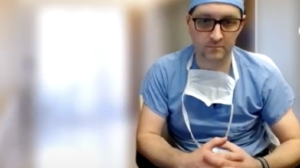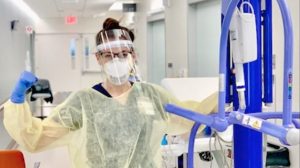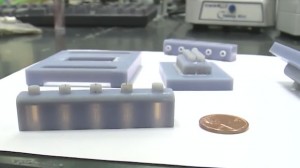NEW YORK (Reuters Health) – New research confirms that extreme prematurity is a risk factor for permanent hearing loss and goes on to show that the loss is often delayed in onset and progressive.
The results, reported in the May issue of Pediatrics, also indicate that prolonged supplemental oxygen use is a key predictor of permanent hearing loss, especially severe/profound loss.
Dr. Charlene M. T. Robertson, from the University of Edmonton, Alberta, Canada and colleagues studied 1279 extremely premature infants (gestational age of 28 weeks or less and birthweight less than 1250 g) seen from 1974 to 2003. Permanent hearing loss was present in 40 children (3.1%) at 3 years of age. Twenty-four (1.9%) had severe/profound hearing loss, defined as greater than 70 db hearing level.
Of the children with permanent hearing loss, 4 (10%) had delayed-onset loss and 11 (28%) had progressive loss. One child had auditory neuropathy and 29 children (73%) had multiple disabilities.
On multivariate analysis, prolonged oxygen use, gastrointestinal surgery, ligation of patent ductus arteriosus, and low socioeconomic index were all predictors of permanent hearing loss. Of these, oxygen use was the strongest, increasing the odds by 4.61-fold (p < 0.001).
"Following extreme prematurity, permanent hearing loss is a major adverse outcome that is commonly associated with other major disabilities," the authors state. "Studies regarding the prevention of permanent hearing loss are urgently needed."
Reference:
Pediatrics 2009;123:e797-e807.




